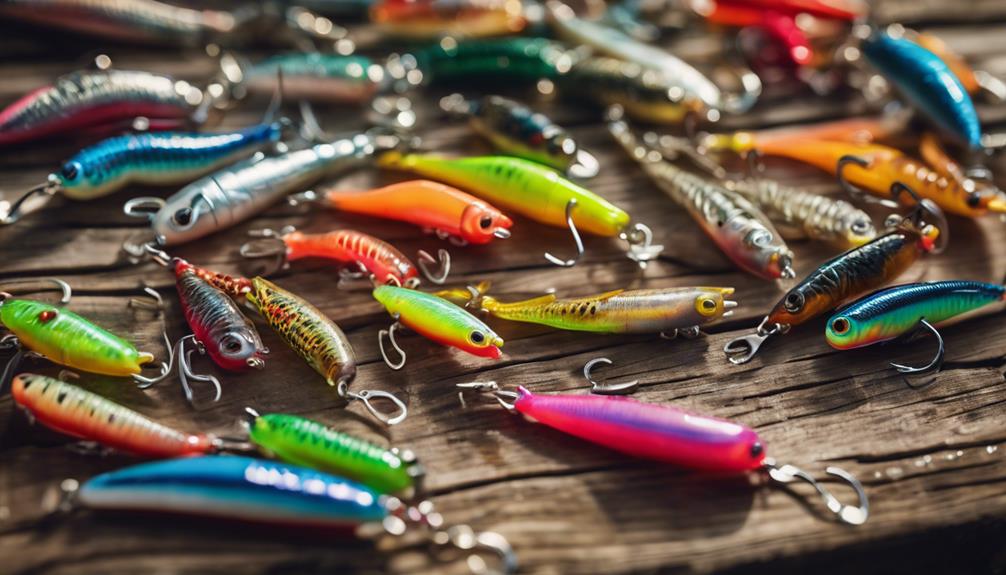Fishing is a beloved pastime for many, offering the opportunity to connect with nature, relax, and enjoy quality time with friends and family. However, before you cast your line, it’s essential to understand the regulations surrounding fishing licenses. In this article, we will explore the various aspects of fishing licenses, including the requirements, benefits, and how they contribute to sustainable fishing practices. If you’ve ever wondered, “Do you have to have a license to fish?” this guide is for you.
The Importance of Fishing Licenses
Fishing licenses are crucial for maintaining sustainable fish populations and preserving aquatic ecosystems. Governments and wildlife agencies implement these regulations to manage fish stocks, protect endangered species, and ensure that fishing remains a viable activity for generations to come. By requiring anglers to obtain a fishing license, authorities can monitor fishing pressure and implement conservation measures as needed. This framework helps maintain a balanced ecosystem, ensuring that both recreational and commercial fishing can coexist sustainably.
Do You Have to Have a License to Fish? Understanding the Basics
Yes, in most regions, you do have to have a license to fish. The specific requirements can differ depending on your location, the type of fish you’re targeting, and whether you’re fishing in freshwater or saltwater. Most states and countries have regulations that require anglers to purchase a fishing license before they can legally fish in public waters. This license typically comes in various forms, such as annual or short-term permits, and can be obtained through local wildlife agencies or online platforms. Always check your local regulations to ensure compliance before fishing.
Types of Fishing Licenses You May Need
Fishing licenses come in several types, tailored to different angler needs. Common variations include:
1. Resident vs. Non-Resident Licenses: Many jurisdictions offer reduced rates for residents of the state or region. Non-residents may have to pay higher fees.
2. Saltwater vs. Freshwater Licenses: If you plan to fish in the ocean, you may need a separate saltwater license, while freshwater fishing could require its own specific permit.
3. Special Permits: Some areas may require additional permits for specific types of fishing, such as fishing for certain species, night fishing, or using particular gear.
4. Youth Licenses: Many states offer discounted or free licenses for young anglers to encourage fishing among youth.
Understanding these types of licenses can help you choose the right one for your fishing adventure.
How to Obtain a Fishing License
Obtaining a fishing license is generally a straightforward process. Most states allow you to apply online, by mail, or in-person at designated locations such as sporting goods stores or wildlife offices. Here’s a step-by-step guide to acquiring your fishing license:
1. Research Local Regulations: Start by checking the website of your state’s wildlife agency to understand the specific requirements and types of licenses available.
2. Choose the Right License: Based on your fishing plans, select the appropriate license type (resident/non-resident, saltwater/freshwater).
3. Gather Necessary Information: Be prepared to provide personal information such as your name, address, date of birth, and sometimes your Social Security number.
4. Make Payment: Most licenses come with a fee, so ensure you have a valid payment method ready.
5. Receive Your License: After completing the application, you’ll receive your license, which should be kept on you while fishing.
Following these steps ensures that you are legally allowed to fish and helps support conservation efforts.
Consequences of Fishing Without a License
Fishing without a valid license can lead to serious legal consequences. Penalties vary by location but often include hefty fines, confiscation of fishing gear, and even criminal charges in severe cases. Moreover, fishing without a license undermines conservation efforts and can lead to overfishing, which harms fish populations and ecosystems. To avoid these consequences, always ensure that you have the necessary licenses before embarking on your fishing trip.
Benefits of Having a Fishing License
Obtaining a fishing license offers several benefits beyond legal compliance. Here are some key advantages:
1. Conservation Funding: License fees contribute to conservation programs that protect aquatic habitats and enhance fish populations.
2. Access to Resources: A valid fishing license often grants access to exclusive fishing areas and events organized by local wildlife agencies.
3. Education and Safety: Many licensing programs provide educational resources about fishing regulations, species identification, and safe fishing practices.
4. Community Engagement: Being part of a regulated fishing community fosters a sense of responsibility and stewardship for the environment.
By purchasing a fishing license, you’re not just abiding by the law; you’re actively contributing to the conservation of aquatic ecosystems.
Special Considerations for Fishing in Different Locations
Fishing regulations can vary significantly depending on the location. For example, national parks, lakes, rivers, and coastal areas may each have unique rules regarding fishing licenses. Additionally, some locations may have special regulations for particular species, such as catch-and-release guidelines or seasonal restrictions. Always familiarize yourself with the specific regulations of the area where you plan to fish, as this helps you avoid potential legal issues and ensures that you’re fishing responsibly.
Conclusion: The Value of Ethical Fishing Practices
In conclusion, the question “Do you have to have a license to fish?” is answered with a resounding yes in most locations. Obtaining a fishing license not only keeps you on the right side of the law but also supports conservation efforts that protect our aquatic ecosystems. By understanding the types of licenses required, how to obtain them, and the benefits they provide, you become a more informed and ethical angler. As you embark on your fishing adventures, remember that responsible fishing practices contribute to the health of our waterways and ensure that this cherished pastime remains available for future generations. So, before you throw your line in the water, make sure you’ve got your fishing license in hand, and enjoy the great outdoors responsibly!
